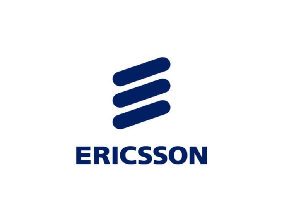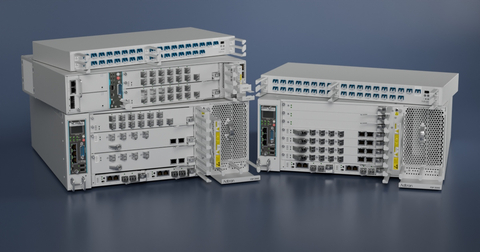New Zealand's 2degrees chooses Nokia 5G core software solutions running on Red Hat OpenShift
New Zealand communication service provider 2degrees has chosen Nokia’s 5G core Registers and Shared Data Layer (SDL) software, which will be deployed on Red Hat OpenShift, the industry's leading hybrid cloud application platform powered by Kubernetes, to more cost-effectively manage data with increased reliability and serviceability for 2degrees’ approximately 1.6 million subscribers.
An existing customer that uses Nokia 5G-based fixed wireless access services, 2degrees offers broadband and mobile services over 3G, 4G and 5G networks covering 98.5% of places New Zealanders live and work, with a nationwide fibre network and modern technology platforms.
Red Hat is Nokia’s primary reference platform for developing, testing and delivering Nokia’s core network applications. By integrating Red Hat OpenShift into the Nokia Cloud Platform, CSPs and enterprises are able to deploy multiple vendors’ applications on the same cloud infrastructure, leading to improvements in operations, faster time-to-market, security and scaling with reduced risk.
As CSPs explore network modernization opportunities with 5G, including core network, open RAN, multi-access edge computing, private 5G and application modernization, they require greater flexibility and options to deploy applications and services on the cloud of their choice This means integration and interoperability are increasingly critical for optimizing network operations.
By capitalizing on the collaboration between Red Hat and Nokia, 2degrees is able to benefit from the latest technology innovation and capabilities provided by an open source platform with Nokia’s core network applications for more choice and flexibility than ever before.
Nokia is also providing 2degrees with its MantaRay Network Management solution for a consolidated and automated network view for improved network monitoring and management.
Nokia leads the world in 5G standalone core, with a total of 107 CSP customers. Nokia 5G Core was recently rated as an industry leader by data and analytics company GlobalData.
Nokia Registers is composed of multiple software functions, such as Authentication Server Function, Unified Data Management, and Home Subscriber Server; while SDL, where data is stored, is composed of multiple software functions, like Unified Data Repository and Unstructured Data Storage Function.
Stephen Kurzeja, Chief Technology Information Officer at 2degrees, said: “As we continue our journey of network modernization we are pleased to be taking another meaningful step with Nokia Registers and SDL, rolled out on Red Hat’s OpenShift. That combination provides us the flexibility and reliability that we require to meet the evolving needs of our customers.”
Honoré LaBourdette, Acting Senior Vice President, Global Telco, and vice president, Telco, Media and Entertainment Partner Ecosystem at Red Hat, said: “Red Hat is thrilled to see how our efforts with Nokia are empowering customers with enhanced flexibility in their 5G core deployments. We’ve reached a pivotal point where the network landscape is becoming increasingly distributed, emphasizing the importance of forging unified architectures. With this shift, the cloud platform is a critical element helping seamlessly bridge geographical disparities and hardware variations, propelling us towards a future of unparalleled connectivity and innovation.”
Henrique Vale, APAC Leader, Cloud and Network Services at Nokia, said: “We are very pleased to support 2degrees as it strengthens its network operations and looks for greater network openness in the 5G era. This reflects what Nokia and Red Hat continue to see as customers move toward more open, less siloed decisions in their infrastructure, strategy and portfolio, and toward open cloud architectures.”





